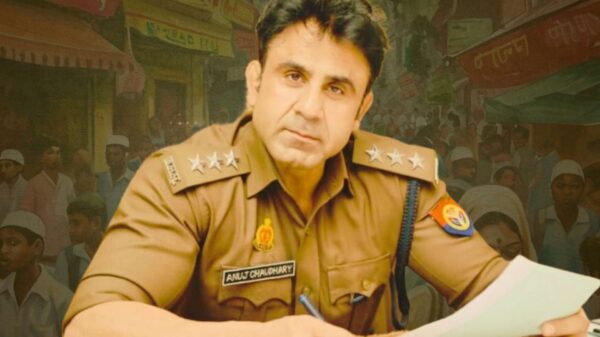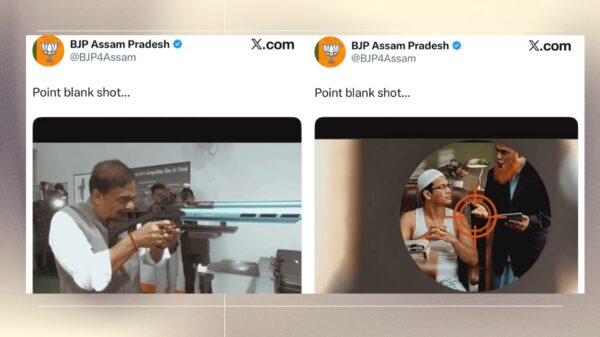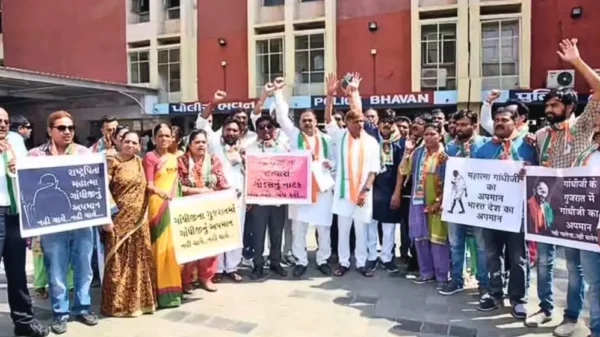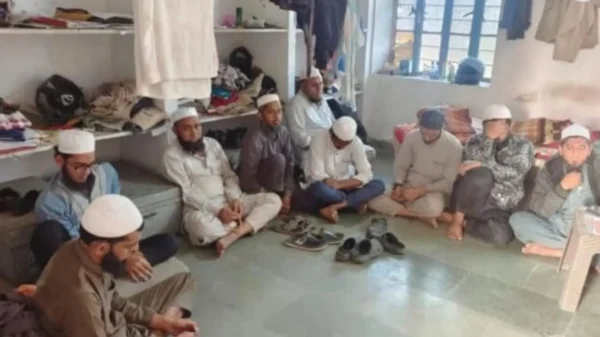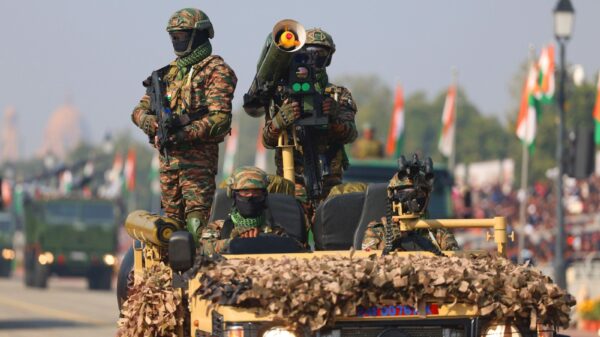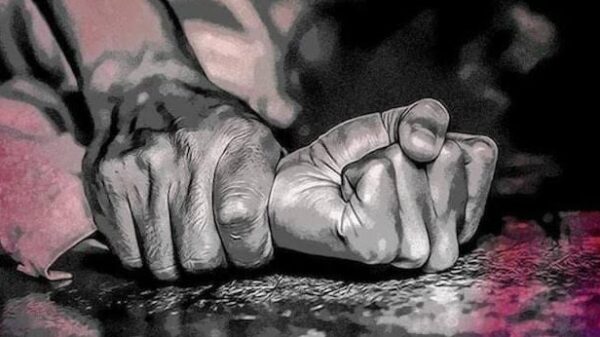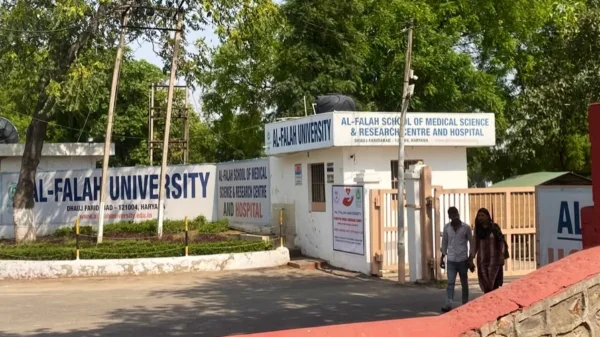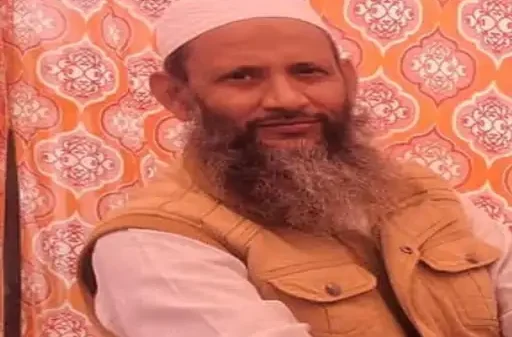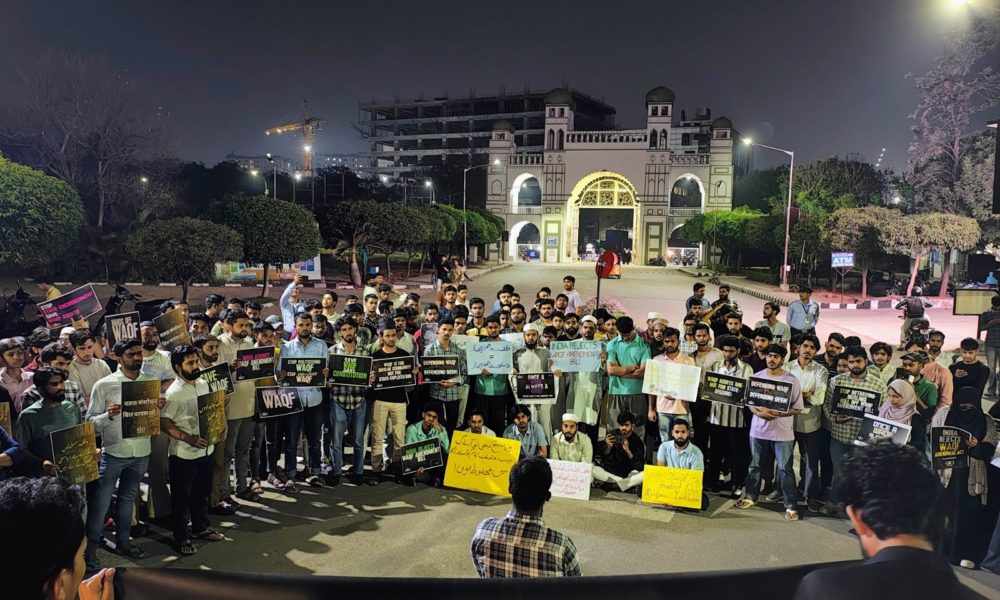The political debate around Muslim leadership in Bihar has once again come into focus after Lok Janshakti Party (Ram Vilas) chief Chirag Paswan made a bold statement. He said, “If Tejashwi Yadav makes a Muslim the Chief Minister of Bihar, I will offer unconditional support.”
This statement is being seen not just as a political move, but also as a historic push toward making the Bahujan-Muslim alliance a reality at the leadership level.
This is not the first time the LJP has raised such a demand. In 2005, Chirag’s father Ram Vilas Paswan had made a similar offer to Lalu Prasad Yadav, asking him to appoint a Muslim Deputy Chief Minister. However, Lalu had rejected the idea at that time.
Now, former student leaders of Maulana Azad National Urdu University (MANUU), Hyderabad, have issued a joint press statement, calling for genuine power-sharing with the Muslim community in Bihar. They have demanded that a Muslim be made Deputy Chief Minister and that more than 40 Muslim candidates be given tickets in the upcoming elections, keeping in mind the state’s Muslim population, which is over 17%.
Mohammad Faizan, former president of the MANUU Students’ Union, said, “Muslims are no longer just voters; they are ready for leadership. Deputy CM and 40 candidates – this is the minimum justice we are asking for.”
Faizan Iqbal, former general secretary, added, “Our support means nothing without representation. If Tejashwi truly believes in the Constitution and social justice, he must give Muslims a decisive role.”
Mohammad Abuhamza, former vice-president, said, “Ram Vilas Paswan’s demand from 2005 is even more relevant today. The question is – will Tejashwi repeat history or create a new one?”
Shagufta Iqbal, former joint secretary, said, “Leadership comes from where there is the deepest pain. The Muslim community is ready to lead – the door just needs to be opened.”
Anam Jahan, another former joint secretary, said, “Social justice is not just a slogan. It comes with seats and positions. Muslim women need inspiration – and that comes from leadership.”
Maria Hidayat, also a former joint secretary, said, “Muslim youth don’t want to be symbols anymore; they want to be policymakers. A Deputy CM post and 40 tickets will restore faith.”
While Muslims make up over 17% of Bihar’s population and influence more than 40 assembly seats, their representation in government cabinets has largely been symbolic. The Mahagathbandhan alliance, including RJD, has so far avoided appointing a Muslim Deputy Chief Minister.
The politics of social justice in Bihar has now reached a turning point. If the Bahujan-Muslim alliance is to be truly strengthened, leadership must also be shared. Tejashwi Yadav now has the opportunity to create a new political equation – one where Muslims are not just part of posters or crowds, but active policymakers.






